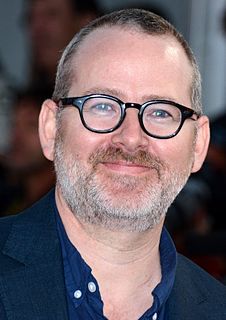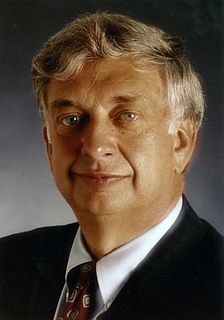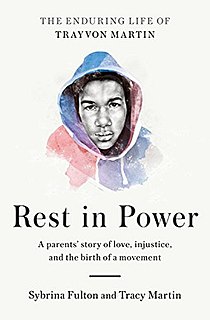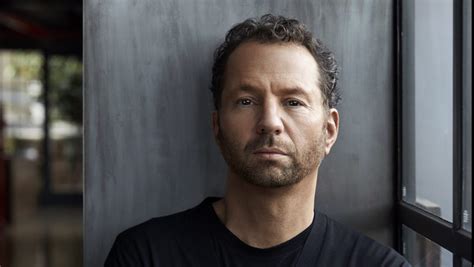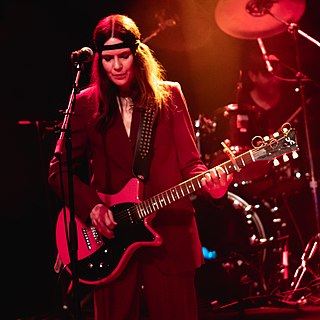A Quote by Morgan Neville
In the late 1960s, English artists like the Rolling Stones and Joe Cocker began recording in the States, and at that point, they realised, 'We can get real African-American voices on our records; we don't have to pretend any more.'
Related Quotes
I sit here as the first African-American attorney general, serving the first African-American President of the United States. And that has to show that we have made a great deal of progress. But there's still more we have to travel along this road so we get to the place that is consistent with our founding ideals.
Today there are more African-Americans under correctional control, in prison or jail, on probation or parole, than were enslaved in 1850, a decade before the Civil War began. There are millions of African-Americans now cycling in and out of prisons and jails or under correctional control or saddled with criminal records. In major American cities today, more than half of working-age African-American men either are under correctional control or are branded felons, and are thus subject to legalized discrimination for the rest of their lives.
I would definitely like to see the education process more enhanced in African-American communities, because we need to be educated on laws that are relevant to our communities and our people, as well as to any other ethnic groups. A broader view of how people perceive African-American boys and girls in this country is what I'd like to see.
In 1965, my father was just twirling the dial of the radio to find something that would make me go to sleep, and as soon as I heard rock and roll there was no stopping me. It was during the height of Beatlemania and the British invasion, but I gravitated toward the harder, heavier music going on then, you know, the early Rolling Stones, the good Rolling Stones, and Paul Revere and the Raiders, who don't get the credit they deserve for spearheading the American '60s garage sound.
Like anyone else in television, I like to explore my life experience. And I don't think African-American artists see doing shows or art about African-Americans as something 'less than.' I think maybe the industry sometimes does. We don't get as much attention, we don't get critical acclaim and so on.
